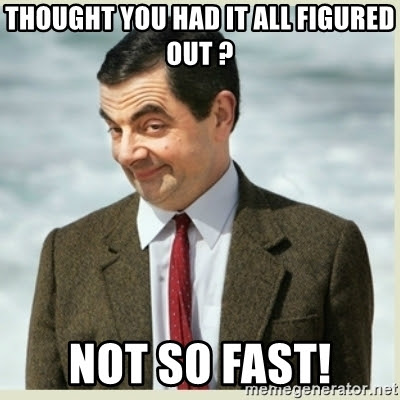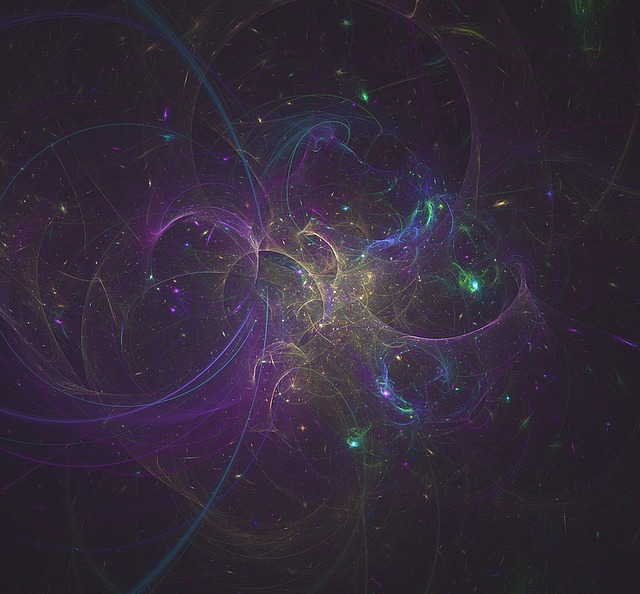Einstein loathed the very idea of quantum mechanics. He famously stated 'God does not play dice!' (More on that a bit later.) Quantum weirdness spooked; he could not accept its implications since some of them conflicted with his theory of general relativity. I don't blame him, since more than a century later, the brightest minds are still trying to reconcile relativity and quantum mechanics, despite both being verifiably true! The notion of unifying the two theories is called 'Theory of Everything', and the first person to prove it will likely get multiple Nobels.
What exactly is stopping the aforementioned reconciliation, one may ask. I would be damned if I knew it; as Richard Feynman quoted:
If you think you understand quantum mechanics, you don't understand quantum mechanics - Richard Feynman
So what's the problem? Well, it's complicated and I will attempt to pen down my understanding. Let's see how it goes.
Imagine you have a tennis ball and you throw it. It's simple to predict the position and speed of the ball at any time, as shown in the simulation below. Go ahead and play with it, super fun.
The Math of it is super accurate, and with a handful of laws, it is possible to predict the motion of almost everything, from a tennis ball to planets. The laws enabled the likes of Copernicus forecast accurately the celestial motions. This was met with wonder and awe in those times.
This is the classical Newtonian mechanics and has served well since centuries. The applications are endless even today. It seemed to explain everything. Everyone was happy; so much so that in late 1890s some physicists claimed that there's nothing new to discover in physics and everything thereon was a matter of more precise calculations. Duh, it wasn't even the beginning of it.
Then came an Einstein named Einstein and showered us with the special and general theories for Relativity (for which he did NOT win a Nobel; 🤦 Nobels are like the Oscars). It redefined Physics fundamentally and proved that the universe is not as intuitive as classical mechanics made it seem. In fact, the equations of classical mechanics worked as a matter of chance, since the underlying counterintuitive physical phenomena produced such effects, e.g. Gravity isn't a force, but its effects are like a force.
Relativity itself is mind-bendingly strange, but we will talk about it some other time. Not cool to steal quantum mechanics' thunder.
In 1920s we understood very well what caused gravity. Since gravity impacts all motion in the universe, we had cracked the code finally.
While some physicists were studying massive objects like stars, galaxies etc., others were obsessed with the microscopic physics. Existence of atoms was predicted more than 2400 years ago (450 BC by Democritus), but it got the rigorous scientific treatment by John Dalton in 1800s. Eventually electrons, protons, neutrons etc. were all found.
We finally understood the biggest and the smallest physics of the cosmos. Everyone was happy and they went home for the weekend. We knew everything! Show's Over. BUT..
 |
| "NOT SO FAST!", exclaimed the Universe, "You have not even started understanding me". The rest is history. |
Scientists are obstinate jerks. They should have retired in
1930s. But smart-arses like Max Planck, De-Broglie, Schroedinger (with
his cat) just could not let it go. They came up with a new
gimmick. They told Einstein "hold my beer" and proposed that what we
called atoms, protons, neutrons etc. are not...particles, but something
else. No one knew what. This was the birth of Quantum
mechanics.
And as I began this post with, Einstein despised it more than his hairstyle. It was only the beginning of a decades long head-scratching, as nothing made sense at the quantum level.
In the next instalment of this series, we will start with why it's called "quantum". Thanks for reading. Do post any comments or questions.


Comments